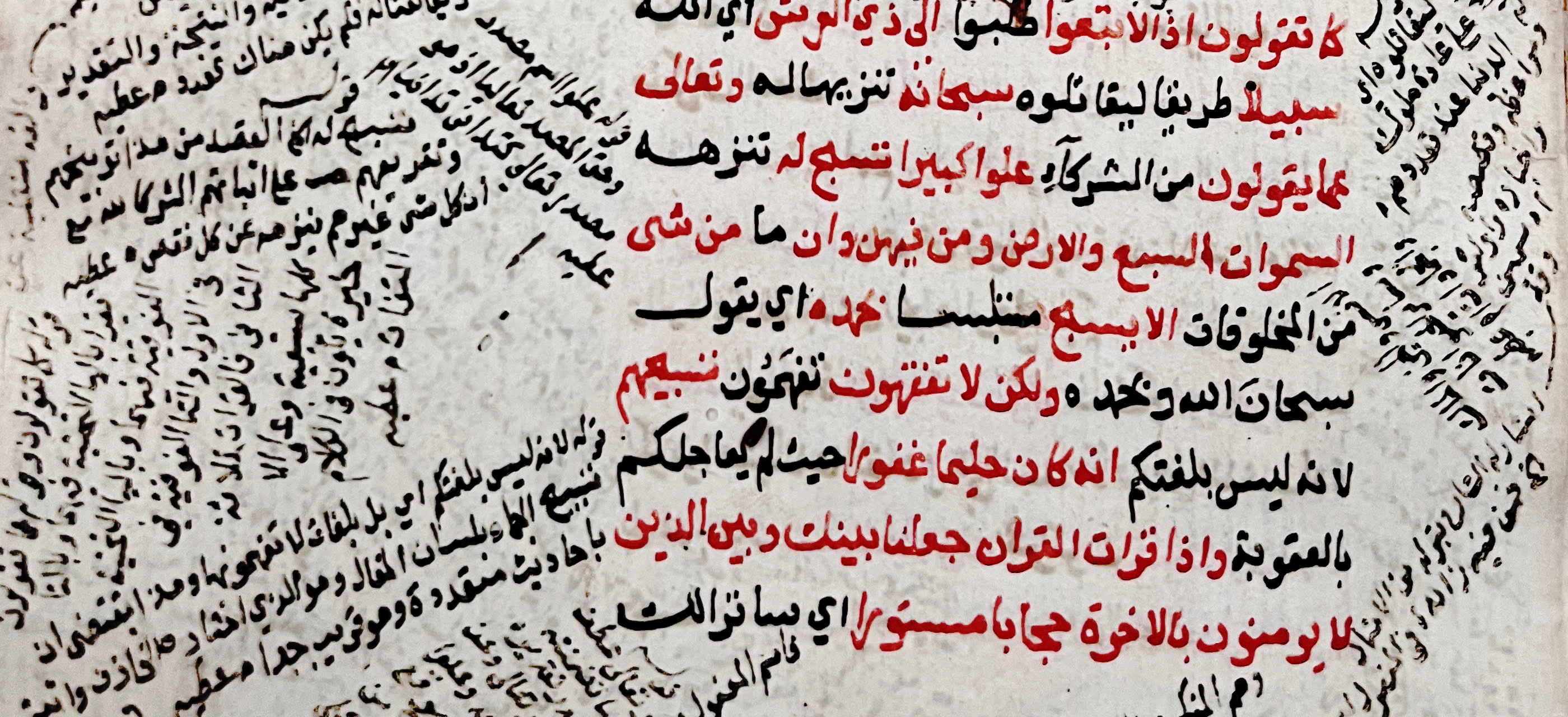The significance of the occurrence of Abu Ghaylan and Kiklah Formations east of Wadi Ghan, eastern Jabal Nfusah
Contenu
- Titre
- The significance of the occurrence of Abu Ghaylan and Kiklah Formations east of Wadi Ghan, eastern Jabal Nfusah
- Créateur
- Fatmi, A. N. Voir tous les contenus avec cette valeur
- Sbeta, Ali Voir tous les contenus avec cette valeur
- Date
- 1991
- Dans
- The geology of Libya. Volume VI. Third Symposium on the Geology of Libya, held at Tripoli, September 27-30, 1987 Voir tous les contenus avec cette valeur
- Résumé
- Major and trace element data of Jabal Nafusah phonolites are compared with those of other phonolitic provinces: Rhoen, Hegau and Kaiserstuhl (West Germany); Massif Central and Velay (France); and - with data from the literature - Kenyites and other phonolites of Kenya. In this geochemical comparison the character of the Jabal Nafusah phonolites can be specified exactly. Additional new analytical data are given for the elements Nb, U, Th, F, S and Cl. Between Zr, Nb, U and Th there are positive correlations. Plots of Rb versus Nb, and particularly Nb versus Zr reveal "fans", illustrating the individual differentiation trends of the distinct phonolite provinces. A plot on hyperbolic axes brings the data of the diverging fan to a common curve. Each province occupies its own field on this diagram; the Jabal Nafusah phonolites are situated in an extreme position. On triangular plots it can be shown that the Jabal Nafusah phonolites are enriched (relative to other elements) in Al, Na, Fe, Ca, K, Ti, Zr, F, Cl and Th as compared with other phonolitic provinces; but depleted in Mg, S, Nb and P.
- Editeur
- Elsevier Voir tous les contenus avec cette valeur
- Place
- Amsterdam
- Langue
- eng
- rédacteur
- Salem, M. J. Voir tous les contenus avec cette valeur
- Hammuda, O. S. Voir tous les contenus avec cette valeur
- ISBN
- 978-0-444-88844-0
Fatmi, A. N. et Sbeta, Ali, “The significance of the occurrence of Abu Ghaylan and Kiklah Formations east of Wadi Ghan, eastern Jabal Nfusah”, Elsevier, 1991, bibliographie, consulté le 18 septembre 2024, https://ibadica.org/s/bibliographie/item/1346
Position : 31559 (1 vues)

